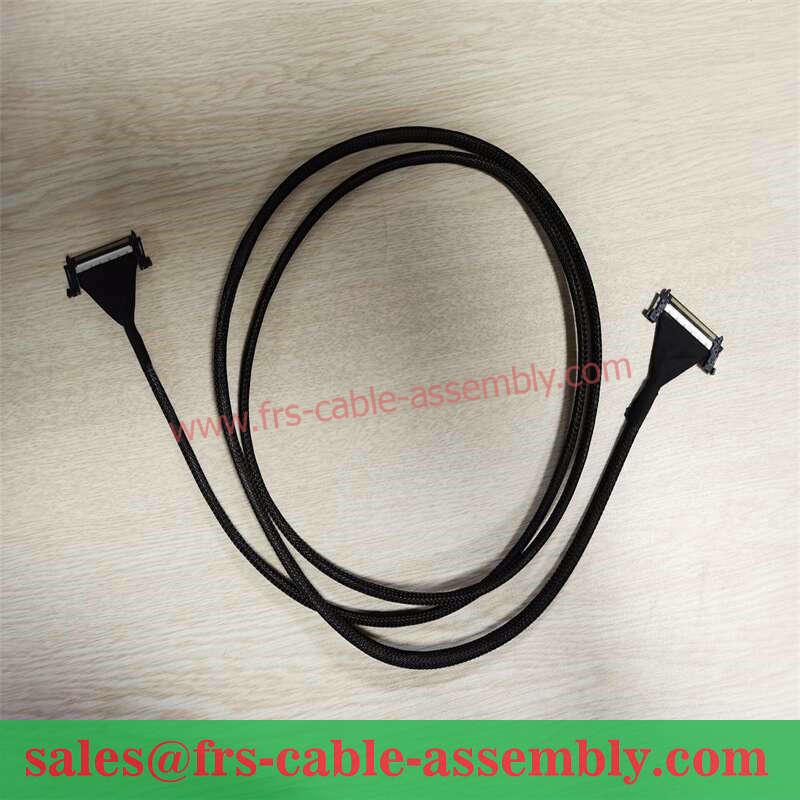LVDS Micro coaxiaal HRS DF81DJ-30P-0.4SD
De voordelen verkennen van LVDS Micro coaxial HRS DF81DJ-30P-0.4SD voor toepassingen voor snelle gegevensoverdracht LVDS (Low Voltage Differential Signaling) micro-coaxiale…
De voordelen verkennen van LVDS Micro coaxial HRS DF81DJ-30P-0.4SD voor toepassingen voor snelle gegevensoverdracht
LVDS (Low Voltage Differential Signaling) micro-coaxiale HRS DF81DJ-30P-0.4SD-kabels worden steeds populairder voor toepassingen voor snelle gegevensoverdracht vanwege hun superieure prestaties en betrouwbaarheid. In dit artikel worden de voordelen onderzocht van het gebruik van LVDS micro-coaxiale HRS DF81DJ-30P-0.4SD-kabels voor toepassingen voor snelle gegevensoverdracht.
The primary benefit of using LVDS Micro coaxial HRS DF81DJ-30P-0.4SD cables is their ability to transfer data at high speeds. These cables are capable of transferring data at speeds up to 10 Gbps, which is significantly faster than traditional copper cables. This makes them ideal for applications that require high-speed data transfer, such as video streaming and gaming.
Another benefit of using LVDS Micro coaxial HRS DF81DJ-30P-0.4SD cables is their low power consumption. These cables require less power than traditional copper cables, which makes them more energy efficient. This can help reduce energy costs and improve the overall efficiency of the system.
In addition, LVDS Micro coaxial HRS DF81DJ-30P-0.4SD cables are highly reliable. These cables are designed to be resistant to interference, which helps ensure that data is transferred accurately and without errors. This makes them ideal for applications that require reliable data transfer, such as medical imaging and industrial automation.
Finally, LVDS Micro coaxial HRS DF81DJ-30P-0.4SD cables are easy to install and maintain. These cables are lightweight and flexible, which makes them easy to install in tight spaces. They also require minimal maintenance, which helps reduce costs and improve system uptime.

In conclusion, LVDS Micro coaxial HRS DF81DJ-30P-0.4SD cables offer a number of benefits for high-speed data transfer applications. These cables are capable of transferring data at high speeds, require low power consumption, are highly reliable, and are easy to install and maintain. For these reasons, they are becoming increasingly popular for high-speed data transfer applications.







